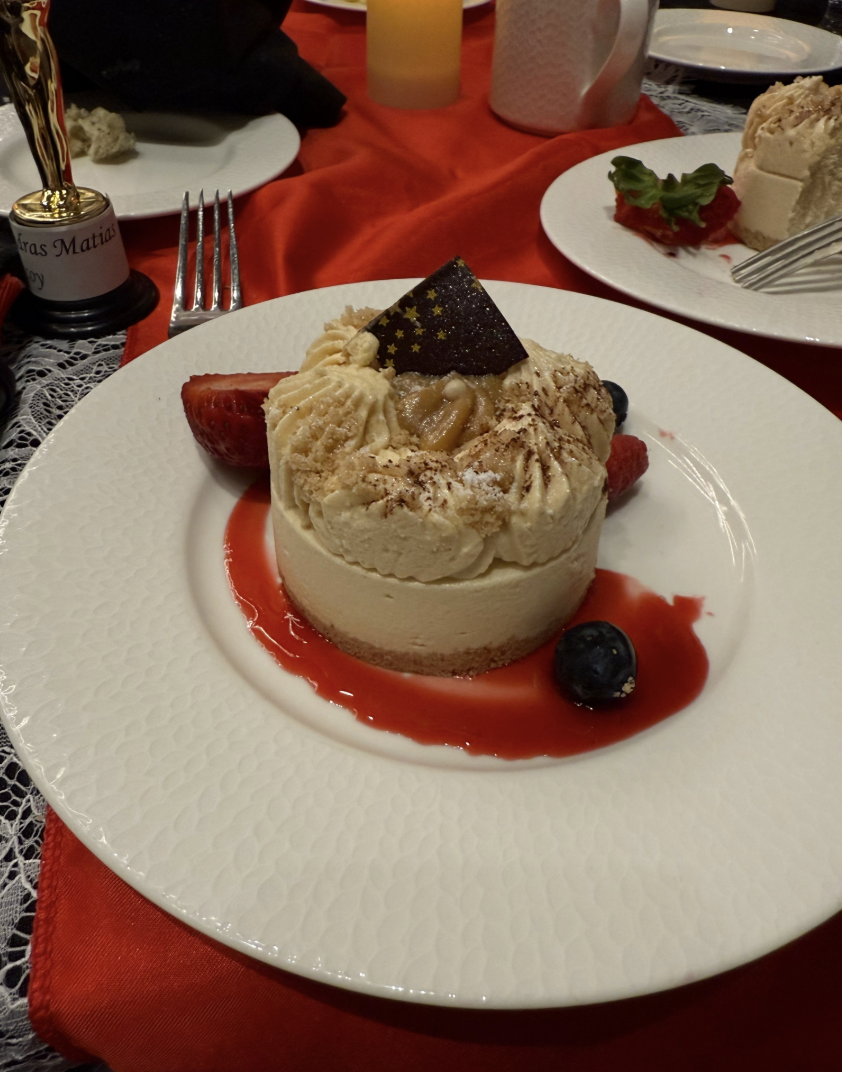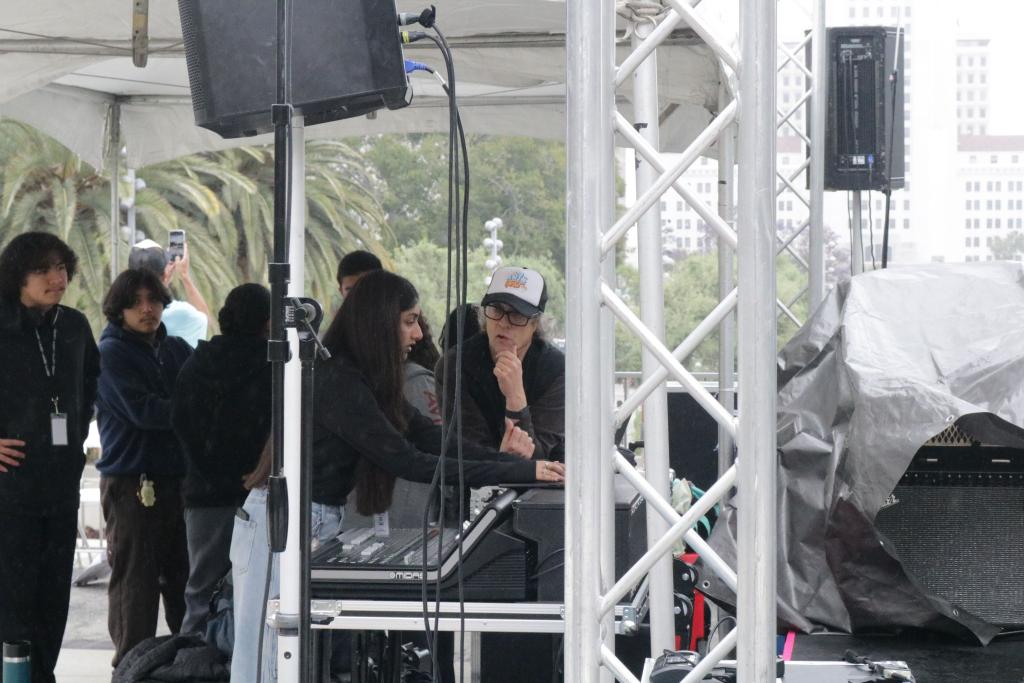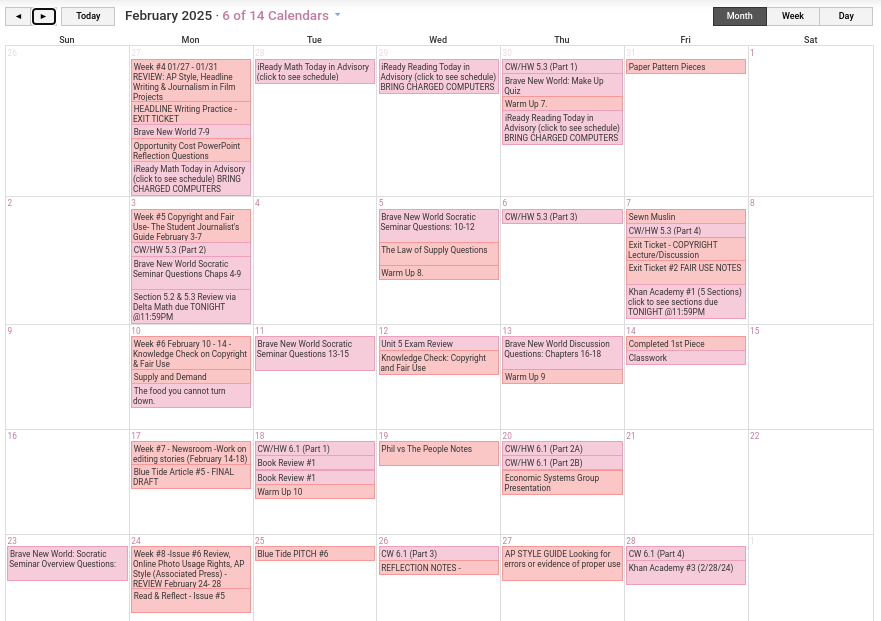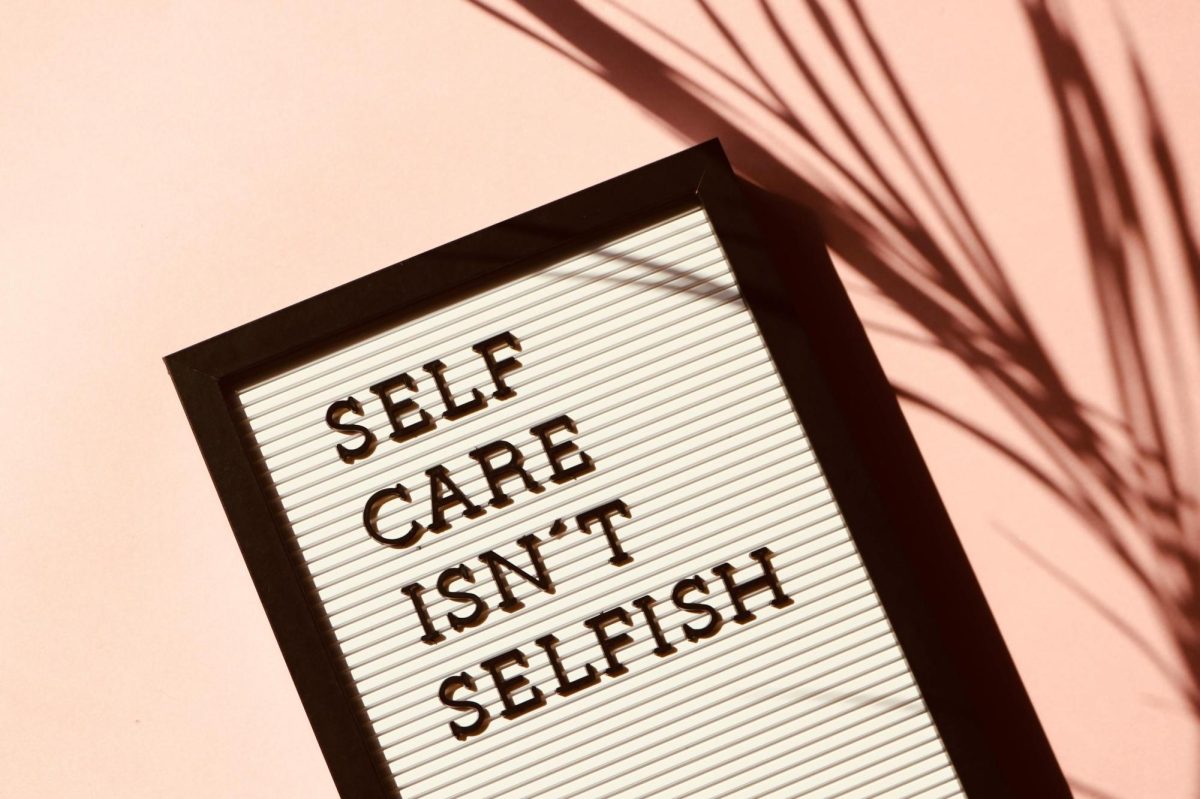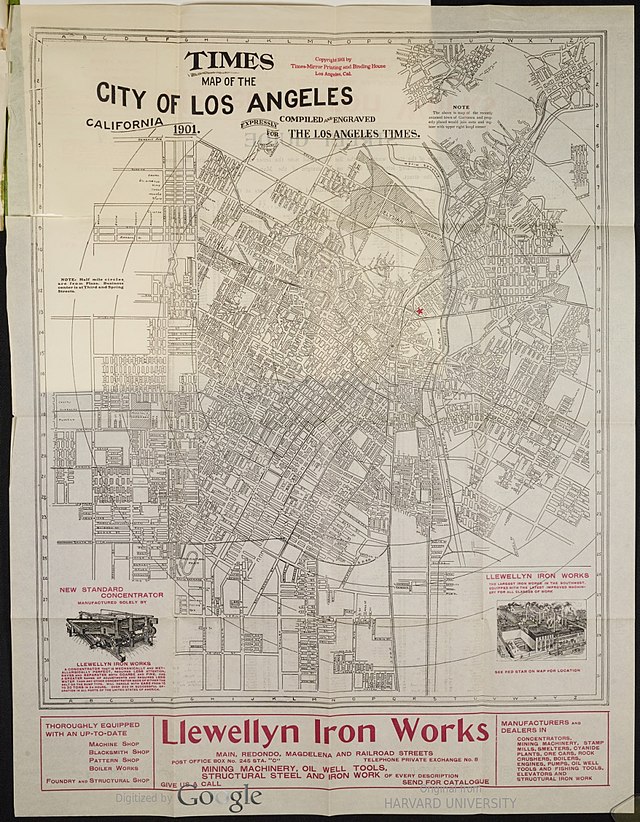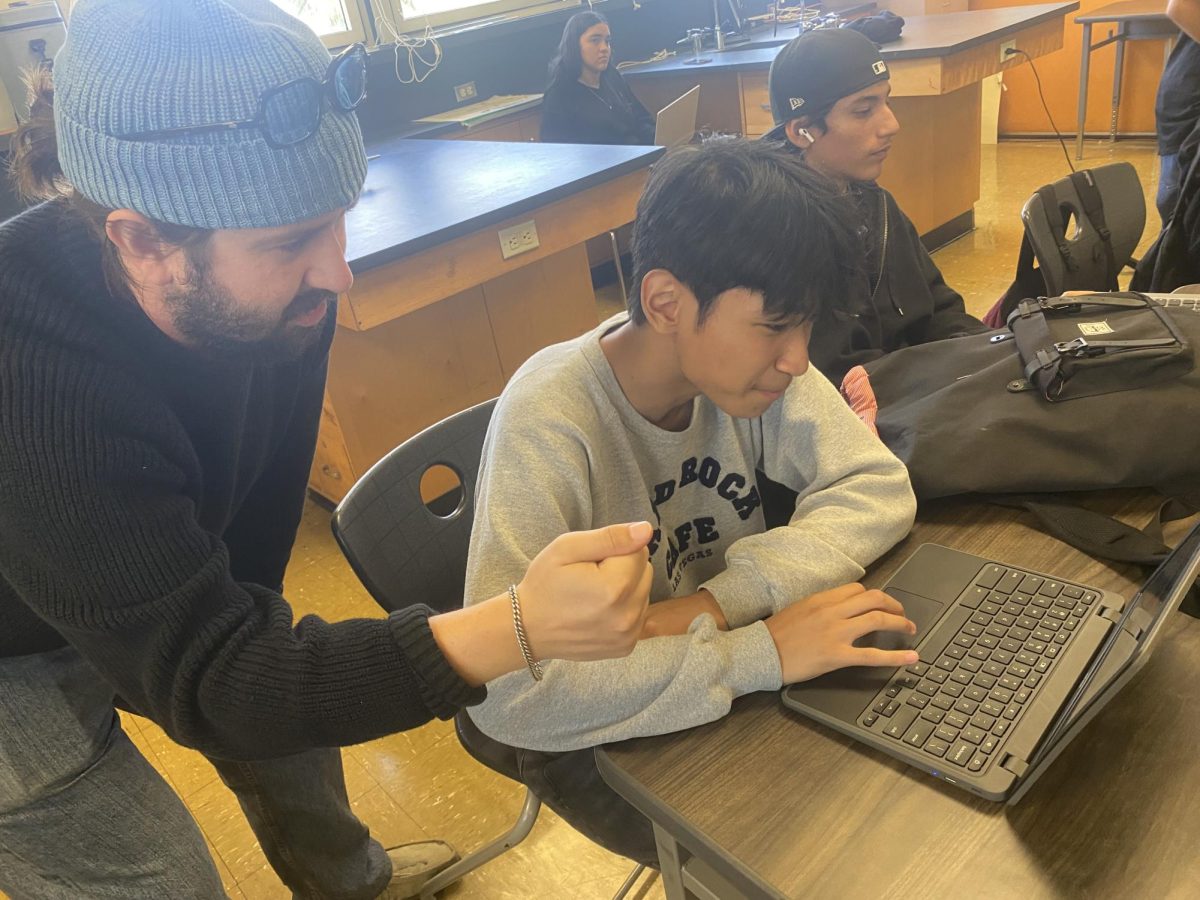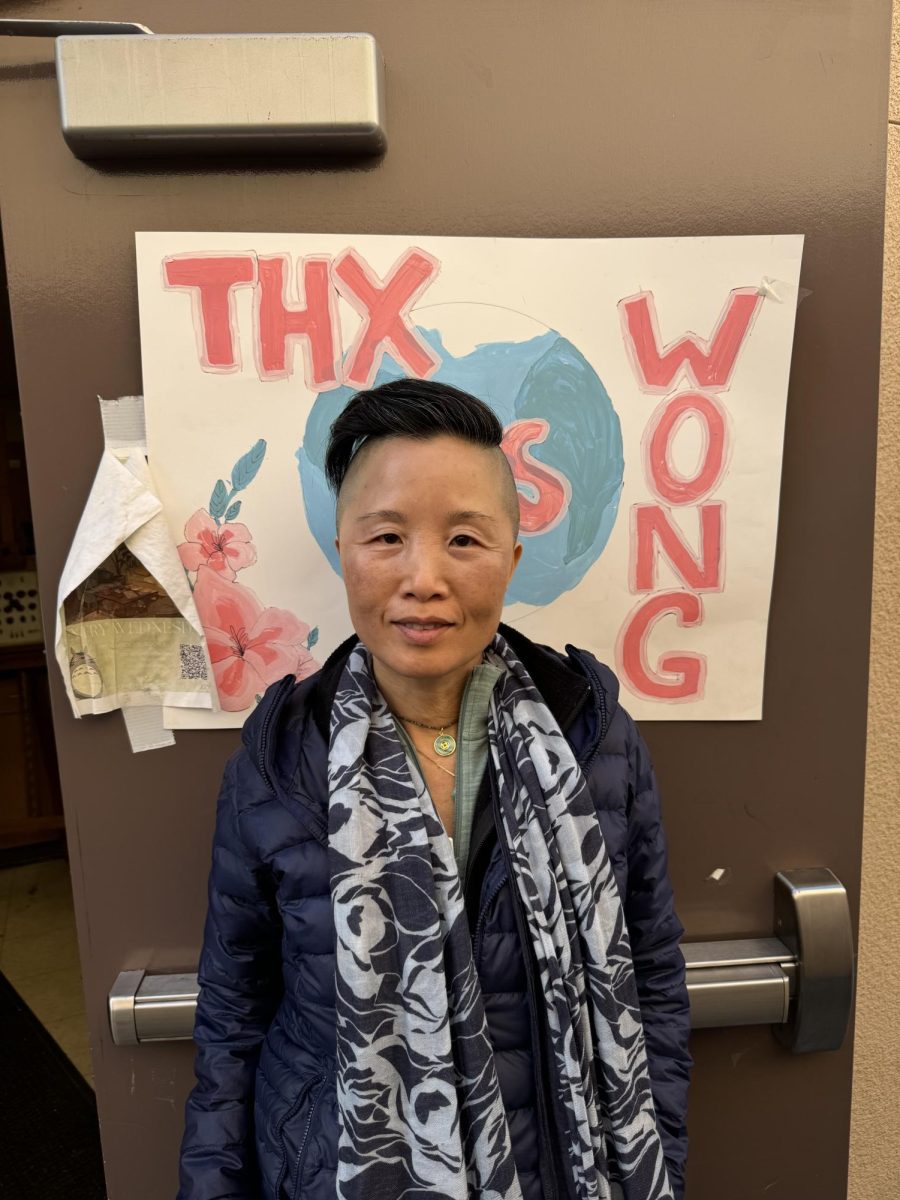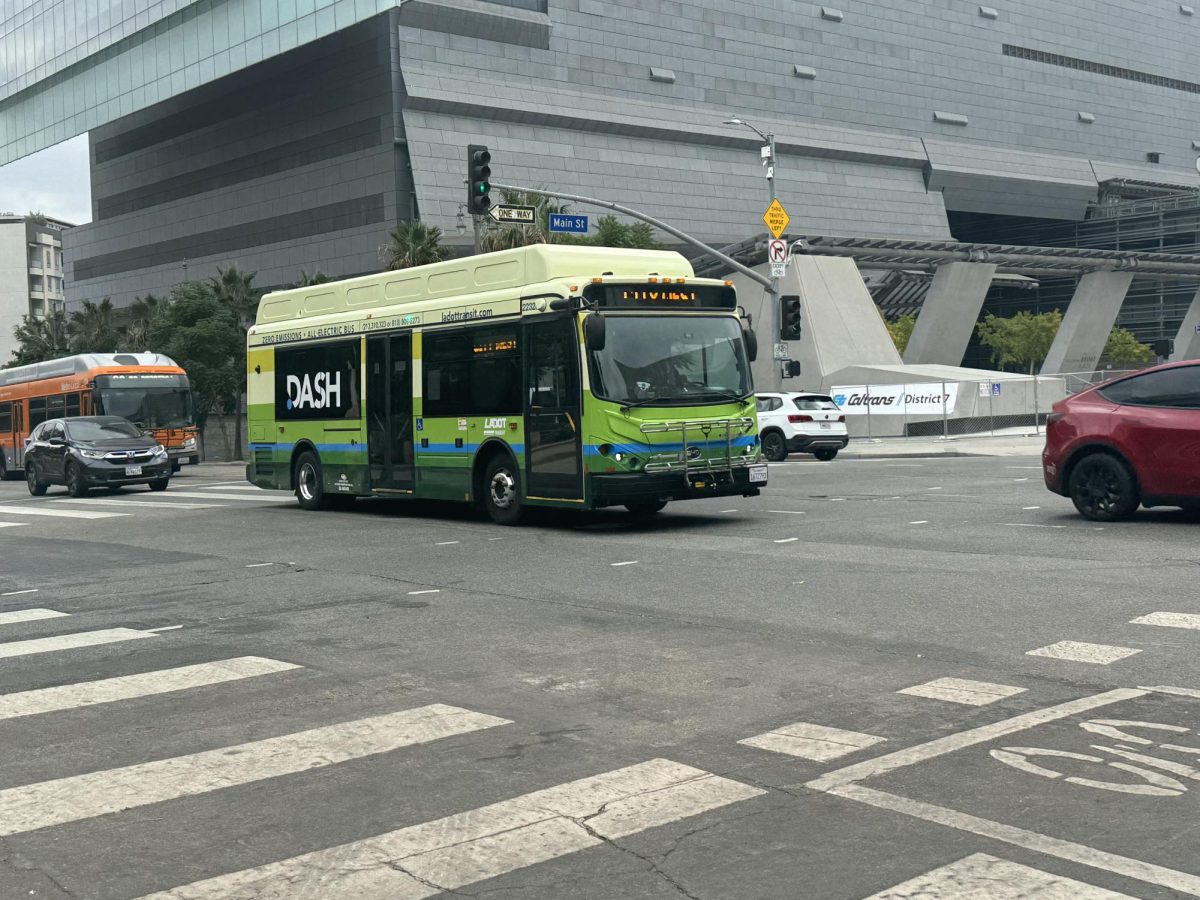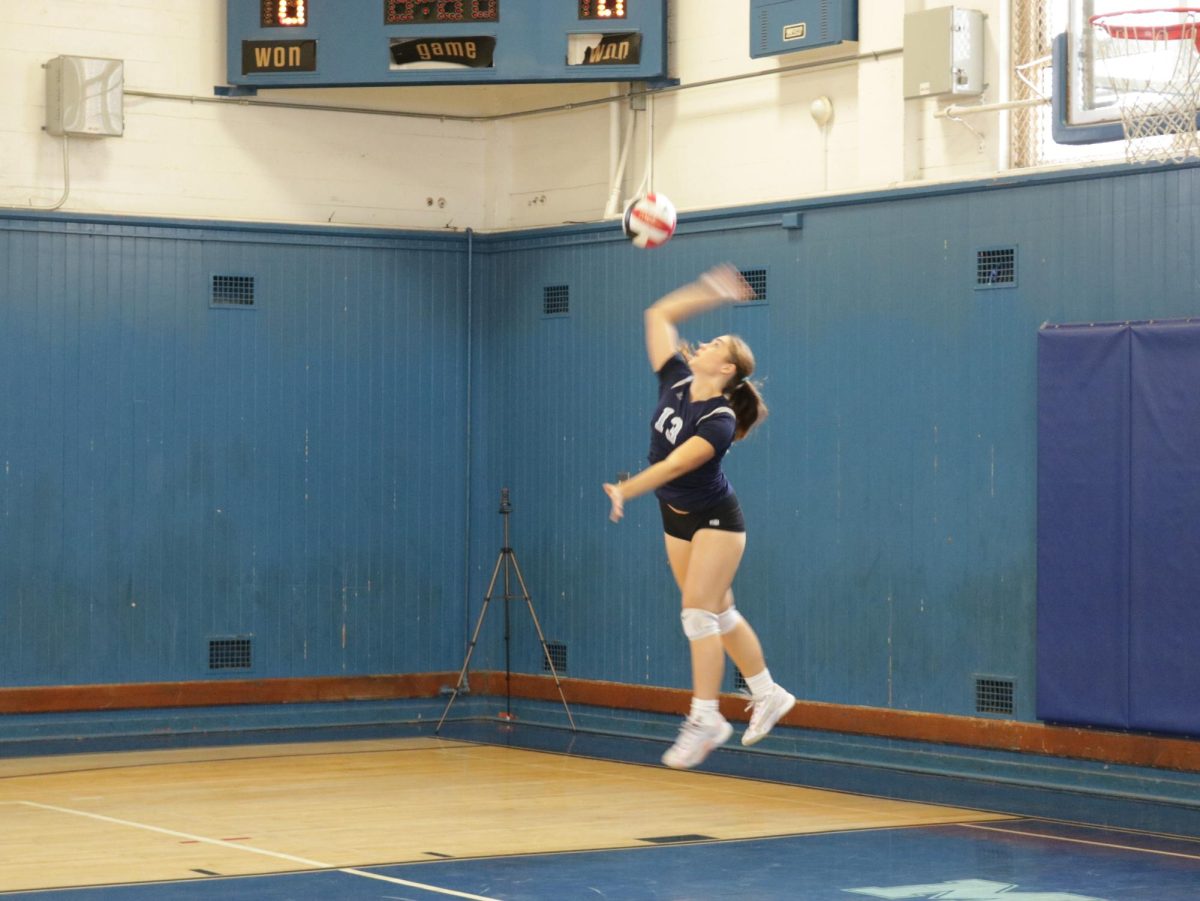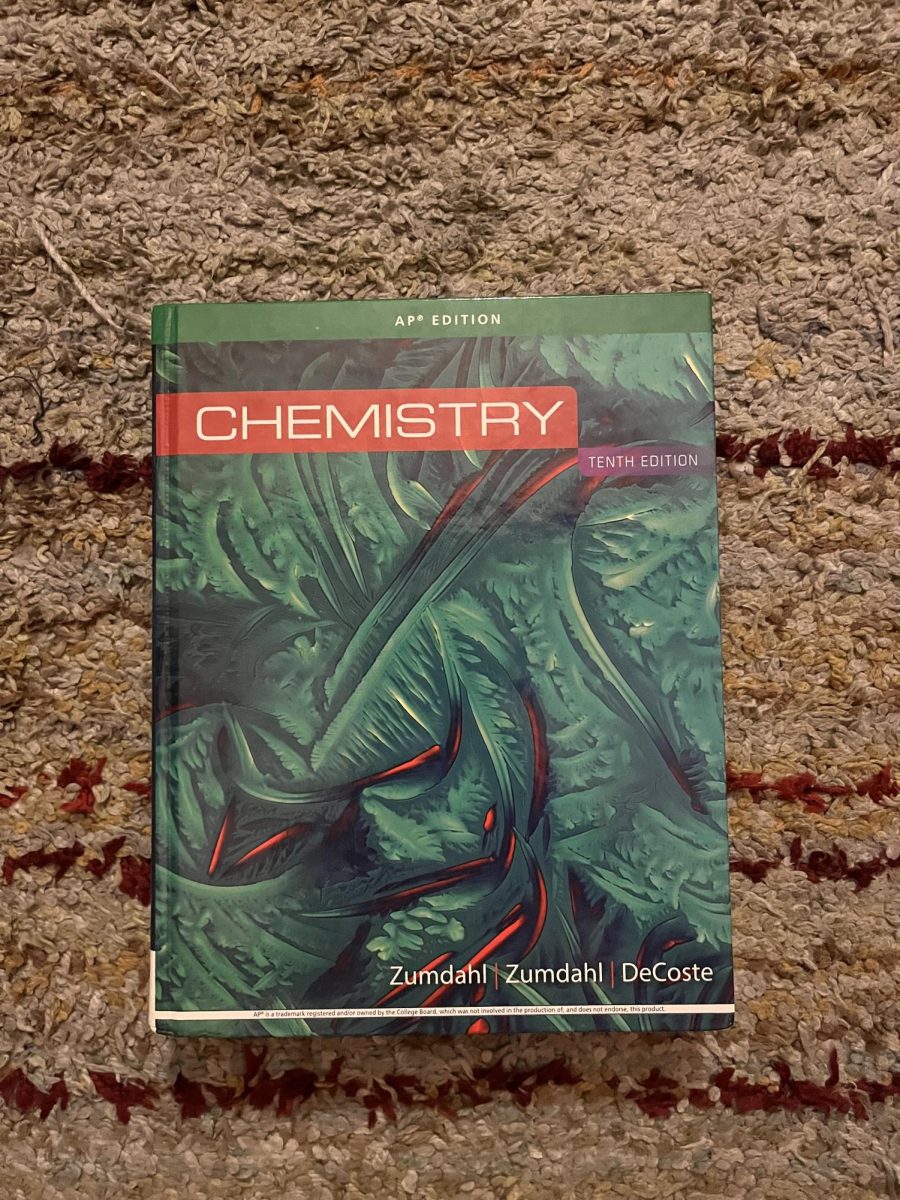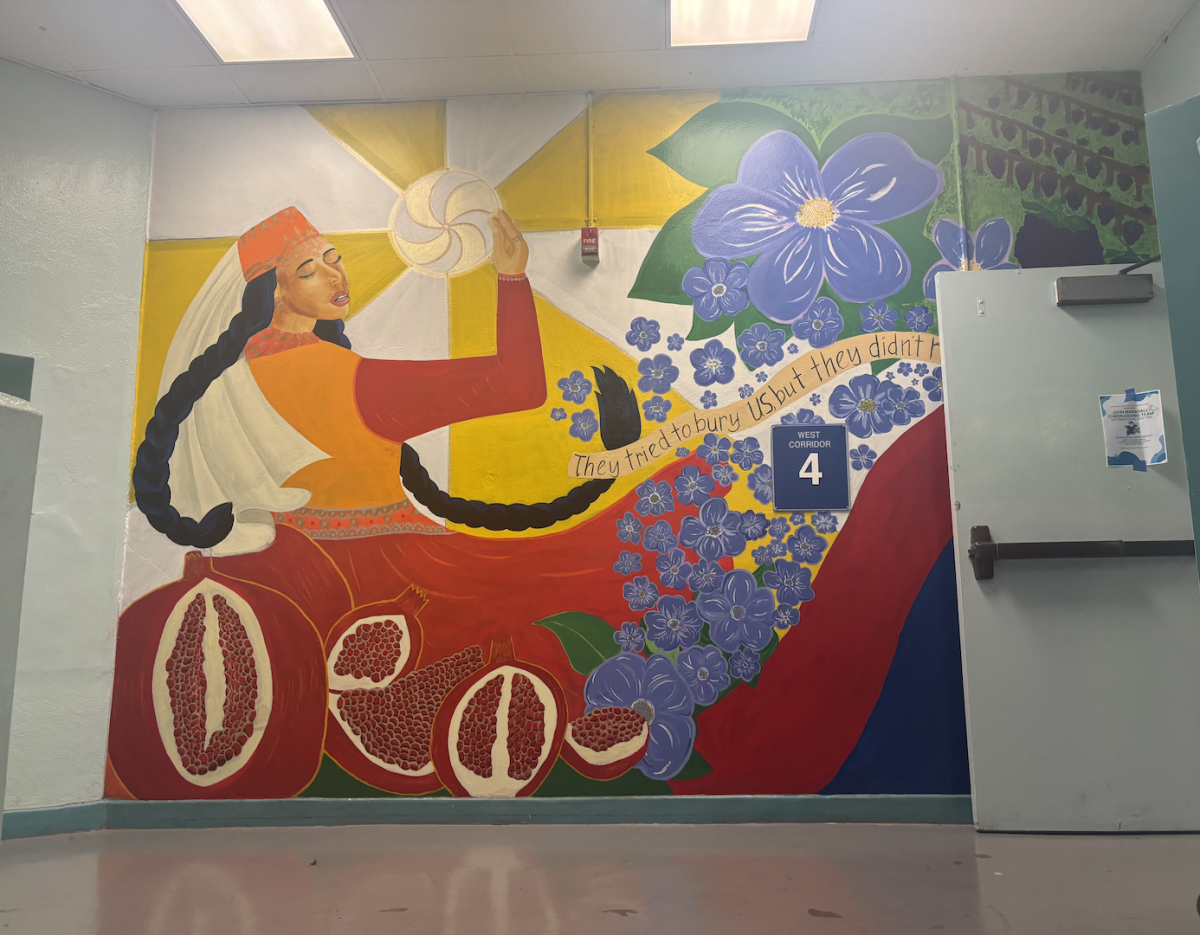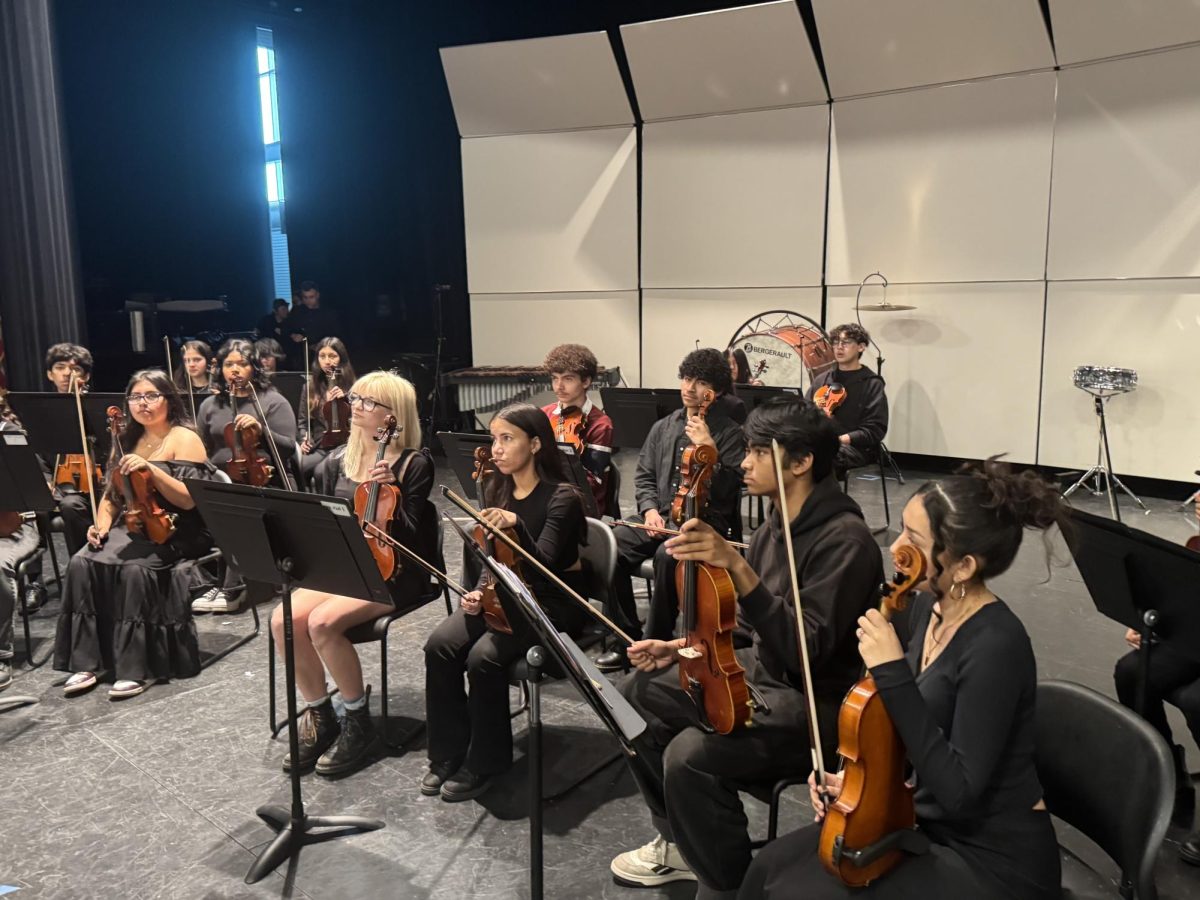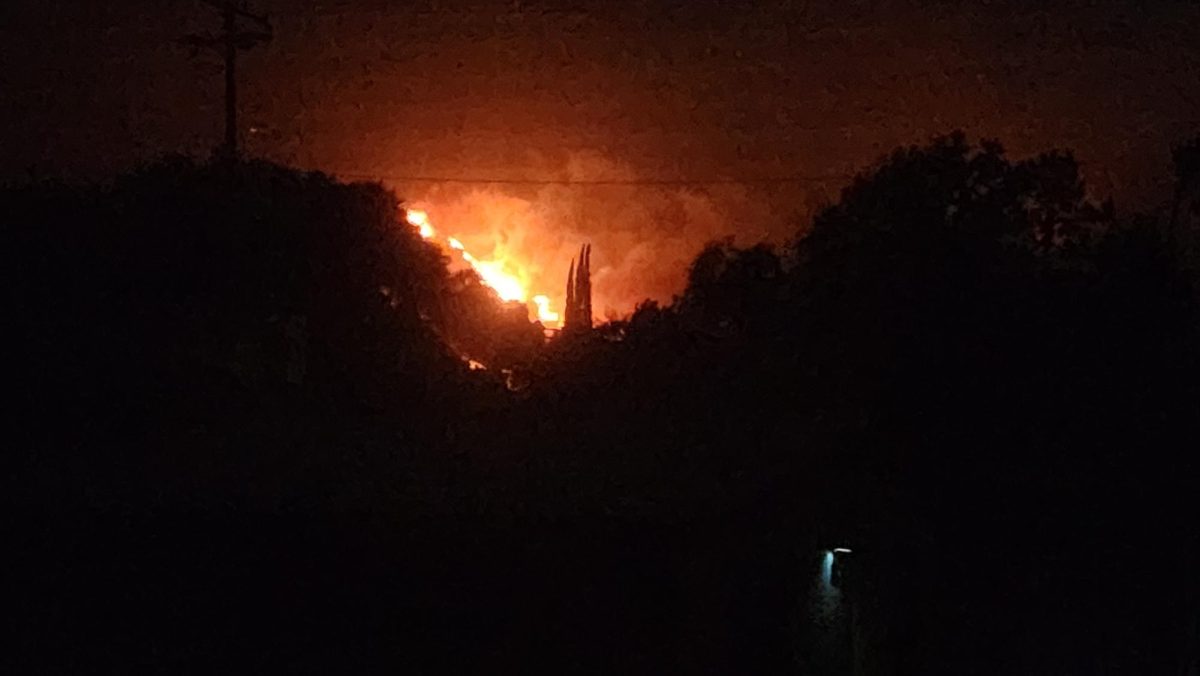Students are given the opportunity to take a different level of difficulty for their classes depending on the school and subject. There are usually regular classes, Honors classes, and a step above that, Advanced Placement, AP classes, as they are known. AP classes are different from regular and Honors classes, because students in these classes are given the choice to take the specialized AP Exam at the end of the year. If a person passes their AP Exams, then depending on the college and the class students can earn college credits. These college credits would mean that a high school student wouldn’t have to take the class when they graduate and go to college. For example, if a student takes AP Biology and passes the exam with a five, the highest possible score, then depending on the college the student goes to they may be able to skip taking biology. AP Classes and exams are great because they allow students to skip classes when they go to college, which means graduating from college faster and spending less money on tuition.
The AP Exams are scored from one to five, with a score of three as passing earning college credit anything below a three is a fail. However, unfortunately some colleges will only give credit if people score a four or higher, and sometimes they only take fives. Additionally, these classes can be weighted differently than ordinary classes. Because of this, many students become stressed during this season of AP Exams. Most students become concerned about what grade they are going to get on these exams. Many students don’t know exactly how to study for these AP exams, which can cause them to become even more stressed.
Obviously, these exams are very hard and difficult, which begs the question; how should students be preparing for these rigorous exams? Dr. Jorge Rodriguez, who teaches AP Chemistry and Ms. Vanessa Gonzalez, who teaches AP Government, answered questions about the exams in their specific area of expertise and helpful advice for all students. Dr. Rodriguez teaches AP Chemistry and has around a 90 percent pass rate in the past couple of years, and Ms. Gonzalez is a very experienced AP teacher, and is currently teaching AP Government. Both of these teachers are heavily involved in making sure that their students pass their exams and go onto good colleges in the future. They have gone into detail about what are the best and worst ways to study for AP exams.
When asked what the best way to study is, Ms. Gonzalez states that students should know their strengths and weaknesses. When students know their weaknesses and strengths, they can figure out what to focus on, and what information can be skipped when studying. Dr. Rodriguez says, “At least in the sciences, get as much practice in as possible, do a lot of CollegeBoard guided practice/mock exams. That is the number one best way to prepare because that is the best way to see how questions are structured. There are different ways to see a concept and see how your thought process and how to adapt to questions,” Rodriguez believes that the best way to study is to practice. Doing practice questions for the AP Exams is one of the best ways to be prepared because it would allow students to get a better understanding of what sort of questions will be asked on their tests. Getting practice will help struggling students pinpoint what material they are struggling with. It will also help them improve answering questions and overall help them get a better score.
In contrast, the teachers were also asked to name a bad way to study. Gonzalez explained, “Cramming is not good, you can’t cram on the day before and expect to learn it. You need to learn it first and review it so that you can learn the material”. Many students try to cram all of the class’s material into only a couple of days of studying, she also said it is impossible to relearn everything in only a couple of days and perform well on AP Exams. It is highly recommended that people should begin to study at least two to three weeks before the AP Exam. Trying to go over all of the material in a couple of days is simply not possible and a waste of time, and it isn’t a good way to study for AP Exams. Students must make sure not to procrastinate and spend lots of time preparing for their exams.
Rodriguez also said, “Blindly studying things for no particular reason isn’t a good way to study, you need to study the right topics and be strategic. Don’t study something that you are good at and study something that needs growth. Some things aren’t on the AP exams and shouldn’t be worth your time studying”. He is a firm believer in being tactical in studying. Finding what to study and what to avoid studying is one of the most efficient ways to prepare for these tests. It would be a waste of valuable time to go over material that a student is already very comfortable navigating. Instead, the student should spend time looking over material that they aren’t familiar with, so that by the day of the exam they can be confident in all of the material.
Both teachers talk about different ways to study and prepare for AP Exams, and have experience teaching AP classes. Figuring out strengths and weaknesses with practice seems to be what the teachers believe is the most important tactic to study and do well. Cramming and studying subjects that students are already strong with isn’t a good idea and should be avoided when studying.
Even after AP exams, the advice given could apply to all subjects: study areas of weakness and do a lot of practice in order to ensure a good grade on upcoming exams and other assignments.


